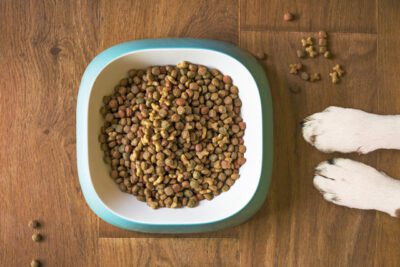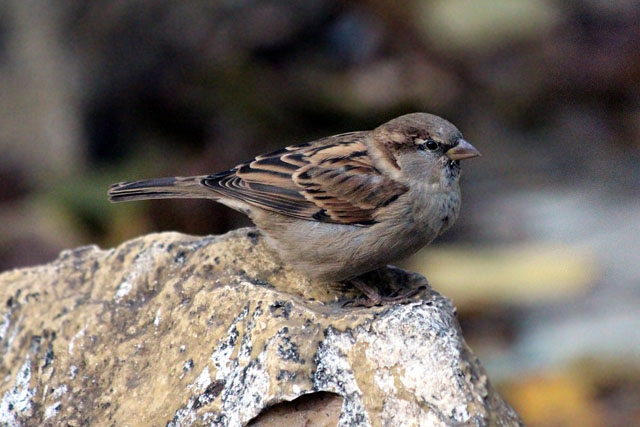



Sparrows are small, social birds that can be found in various habitats around the world. They are known for their adaptability and ability to thrive in urban environments. One of the reasons for their success is their diverse diet. So, what does a sparrow eat? Let's explore the different food sources that sparrows rely on.
Seeds and grains make up a significant portion of a sparrow's diet. Sparrows are granivorous birds, meaning they primarily feed on seeds and grains. They have a strong beak that allows them to crack open the tough outer shells of seeds. Common seeds and grains that sparrows consume include sunflower seeds, millet, corn, wheat, and oats. They are often seen foraging on the ground or in grassy areas, searching for fallen seeds or grains.
Sparrows are opportunistic feeders and will take advantage of any available food source. They are known to visit bird feeders and consume the seeds provided by humans. This behavior has made them a common sight in gardens and parks where bird feeders are present.
While seeds and grains form the bulk of their diet, sparrows also supplement their nutrition with insects and spiders. Insects are an excellent source of protein and other essential nutrients for sparrows, especially during the breeding season when they need to feed their young. They feed on a wide variety of insects, including beetles, caterpillars, grasshoppers, and flies.
Sparrows are skilled insect hunters and can be seen hopping around in search of their prey. They use their beaks to catch and consume small insects and spiders. This behavior is not only beneficial for their diet but also helps control insect populations in their environment.
In addition to seeds, grains, and insects, sparrows also consume fruits and berries. They are particularly fond of ripe fruits and berries that are rich in sugars and provide a quick source of energy. Some of the fruits and berries that sparrows eat include berries from shrubs and trees, apples, cherries, and grapes.
Sparrows play an essential role in seed dispersal for many fruit-bearing plants. As they consume fruits and berries, they inadvertently spread the seeds through their droppings, helping to regenerate plant populations in different areas.
Certain species of sparrows, such as the Cape Sparrow, have a specialized diet that includes nectar and pollen. These sparrows have long, slender beaks that allow them to access the nectar hidden deep within flowers. They play a crucial role in pollination as they move from flower to flower, feeding on nectar and transferring pollen in the process.
Nectar and pollen provide sparrows with a concentrated source of energy and nutrients. They are particularly important during times when other food sources may be scarce.
Apart from insects, sparrows also consume small invertebrates like worms, snails, and slugs. These creatures are a valuable source of protein and other essential nutrients. Sparrows use their beaks to probe the soil or peck at decaying vegetation to find these small invertebrates.
This behavior is especially common during the breeding season when sparrows need to provide their young with a high protein diet for optimal growth and development.
Sparrows have adapted well to human presence and often take advantage of the food sources provided by humans. They are frequent visitors to bird feeders, where they consume seeds, grains, and other food offerings. Sparrows are not picky eaters and will readily accept a variety of foods, including bread crumbs, rice, and even leftover human food.
While it is enjoyable to watch sparrows visit bird feeders, it is essential to provide them with a balanced diet that meets their nutritional needs. Offering a mix of seeds, grains, and occasional fruits can help ensure their well-being.
Water is a vital component of a sparrow's diet. Sparrows need to drink water regularly to stay hydrated, especially during hot weather or when their diet consists of dry seeds. They also use water for bathing, which helps keep their feathers clean and in good condition.
Providing a shallow water source, such as a birdbath or a shallow dish, can attract sparrows to your garden and provide them with the water they need.
In conclusion, sparrows have a diverse diet that includes seeds, grains, insects, fruits, berries, nectar, pollen, small invertebrates, and even human-provided food. Their ability to adapt to different food sources has contributed to their success as a species. By understanding their dietary needs, we can create environments that support their well-being and enjoy their presence in our surroundings. So, next time you spot a sparrow, remember the variety of foods that it relies on for its survival.
Leave a Reply
Related posts